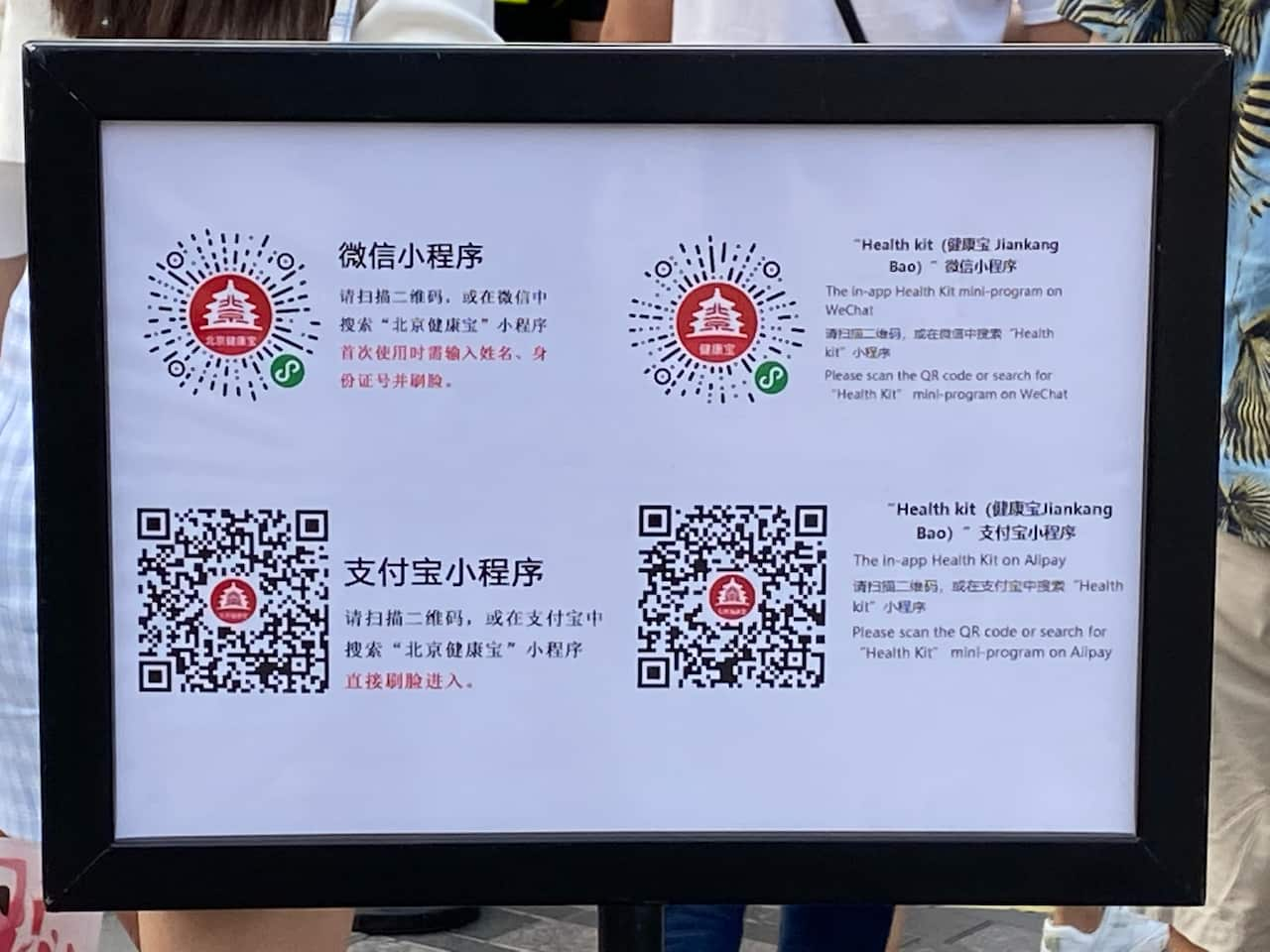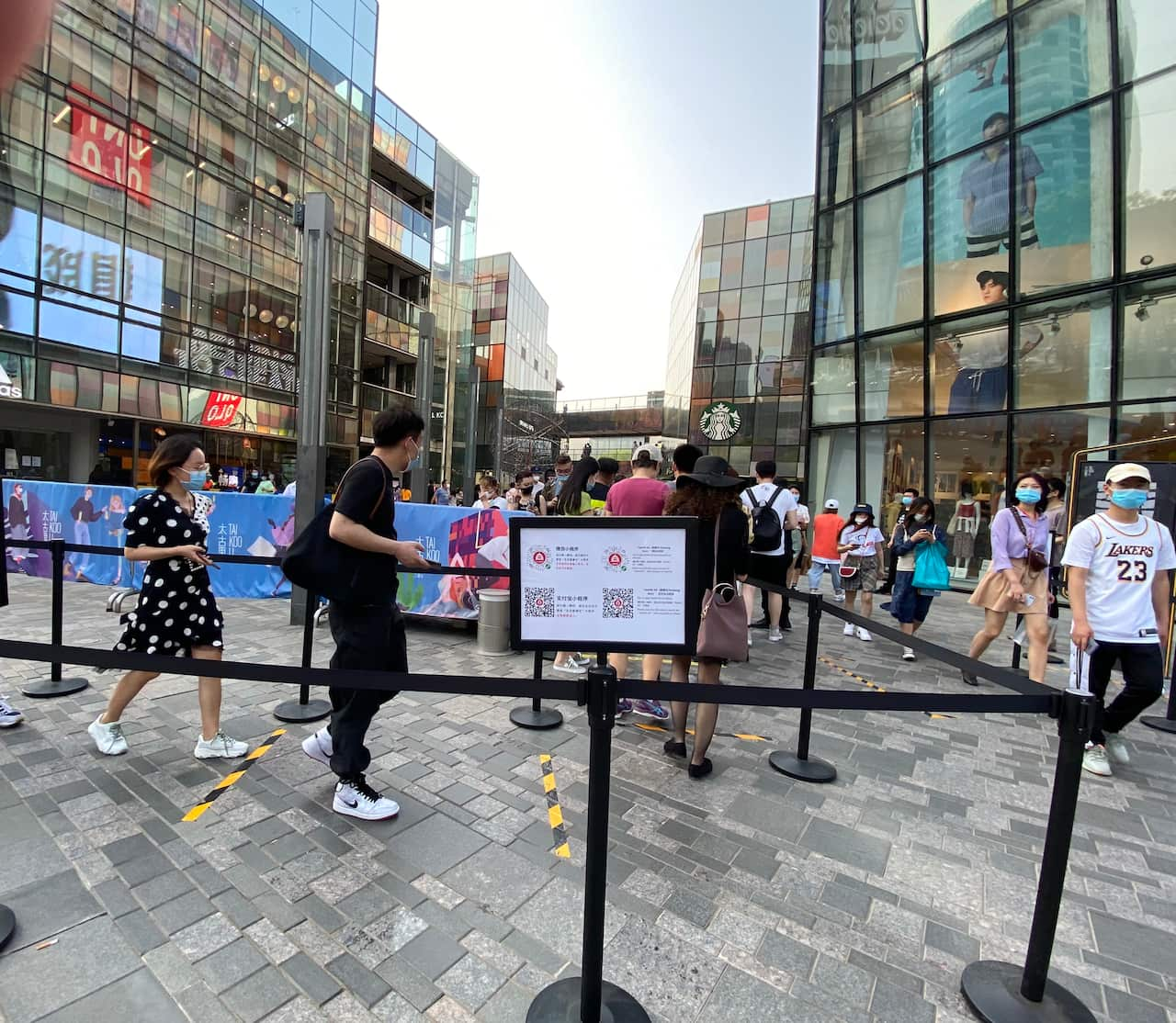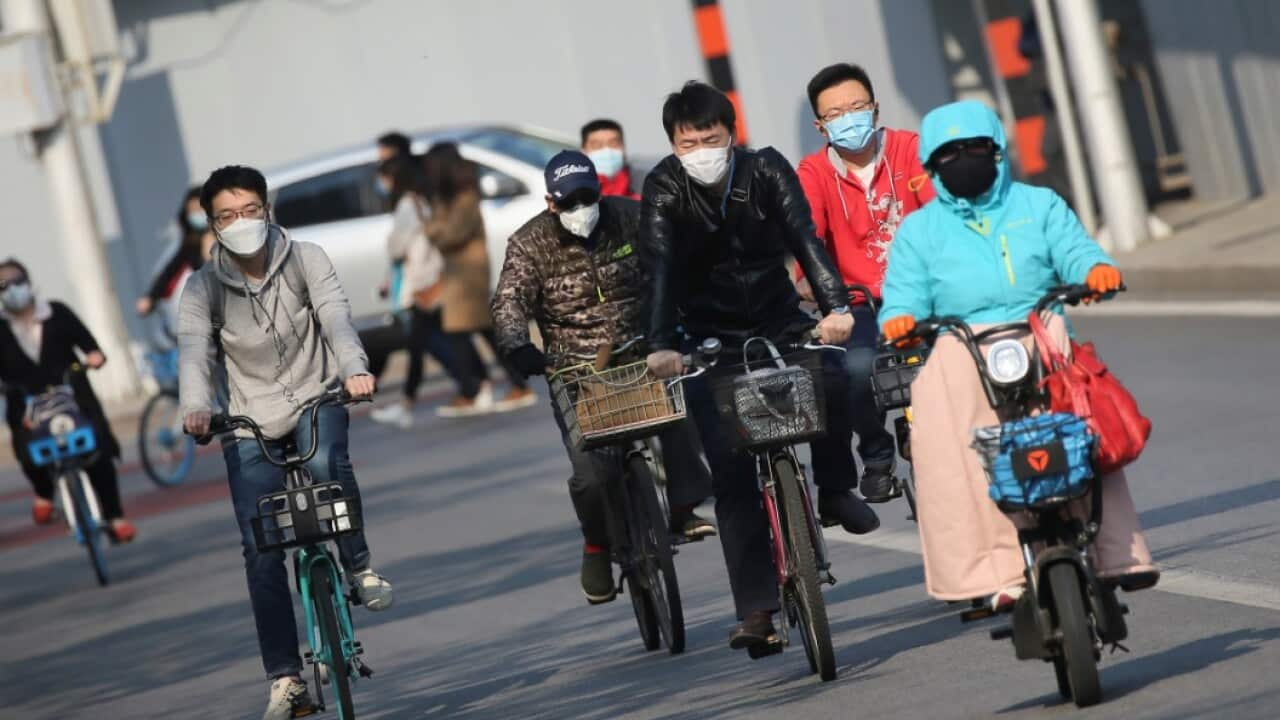This week Beijing declared it was easing its emergency response to the coronavirus outbreak.
Shortly afterwards, authorities announced the country’s annual plenary sessions – considered the most important fixtures in China’s political calendar - would commence later this month.
For many, it was a reminder of the additional precautions taken to protect the political heart of the country.
Still, the easing of restrictions was a major relief for people in the capital. It came just in time for the five-day “Mini Golden Week” holidays.
Beijing’s Forbidden City is among the major attractions to have reopened. It had been shut since January 25th just as China started to become overwhelmed with the health crisis. According to The Palace Museum ticketing website, within half an hour of the announcement it was reopening, half of all tickets available had been snapped up, although visits have been capped at 5,000 per day for now, down from 80,000 a day before the pandemic.
According to The Palace Museum ticketing website, within half an hour of the announcement it was reopening, half of all tickets available had been snapped up, although visits have been capped at 5,000 per day for now, down from 80,000 a day before the pandemic.

A “green” light following the QR code scan shows a person has no abnormal conditions. Source: Patrick Fok
China’s capital has faced some of the strictest screening and quarantining measures in the country.
Authorities declared the highest level of emergency in Beijing more than three months ago, severely restricting movement around Beijing and often making it a challenge for people to go about their normal routines.
One other welcome bit of news was that people can now leave the city without having to undergo quarantine when they return.
For the past several weeks, arrivals to Beijing have been sent to designated facilities and isolated for a minimum of 14 days before being allowed out.
Few people in the capital had made plans to travel during what’s normally peak season as a result.
True Run Media journalist Anna Hartley said many people were wary of getting stuck away from home.
“But at this late stage… I don't think a lot of people are likely to immediately book tickets to other cities," she said.
"Policies can change very quickly. We people are wary of getting caught outside.”
The group’s flagship magazine, The Beijinger, has been a key resource for Beijing’s international community, keeping its readers updated on frequently changing rules and protocols.
“Even in Chinese, these directives and policy announcements are quite vague, and they are incomplete. They lack detail about how practically these policies are going to affect people. And this has caused problems,” Ms Hartley said.
Something that’s not going away, for now, is the thousands of checkpoints Beijingers have to pass through to access different buildings and communities across the city.
To track and monitor people’s health, residents have to display a QR code on their phones to show they’re not sick. A “green” light proves a person has no abnormal conditions. One common complaint has been that different communities require different apps to enter, making life just a little more tedious when you want to go shopping, or head out for a meal.
A “green” light proves a person has no abnormal conditions. One common complaint has been that different communities require different apps to enter, making life just a little more tedious when you want to go shopping, or head out for a meal.

People queue up to log in and show their Health Kit QR Code so that they can enter the popular Sanlitun shopping district. Source: Patrick Fok
Student Stanley Lee has been concerned about privacy.
“No matter where you go, you’ve had to hand over your ID card and phone number, and have your temperature put into the system. It’s been a bit worrying,” he said.
Australian Ben Mankarious has lived in different parts of China, on and off, for the past nine years.
“Beijing is certainly more burdensome in terms of those things than other cities are," he said.
"And everyone understands that's because this is where the government is.”
As the manager of a craft brewery business in the capital, he’s had to keep abreast of the regulations and communicate them clearly to staff.
For the time being, foreigners still can’t visit China, even if they hold a visa or resident’s permit.
These measures meant Ben wasn’t able to fly to Sydney last week for his sister’s engagement party.
News that China’s legislature, the National People’s Congress, would gather for its annual session on May 22nd is a sign Beijing could continue to ease measures to contain COVID-19 in the coming weeks.
Thousands of delegates from across the country will convene in the capital as China unveils its economic and social targets for the year ahead.
The event is normally held on March 5th each year, but was postponed for the first time in decades because of the outbreak.
The idea that officials would sit, side-by-side, for ten days together two months ago was simply unthinkable, particularly given the threat it might have posed to China's power centre and political pulse.
Patrick Fok is a freelance journalist based in Beijing.
People in Australia must stay at least 1.5 metres away from others. Check your state’s restrictions on gathering limits.
Testing for coronavirus is now widely available across Australia. If you are experiencing cold or flu symptoms, arrange a test by calling your doctor or contact the Coronavirus Health Information Hotline on 1800 020 080.
The federal government's coronavirus tracing app COVIDSafe is available for download from your phone's app store.
SBS is committed to informing Australia’s diverse communities about the latest COVID-19 developments. News and information is available in 63 languages at sbs.com.au/coronavirus.



